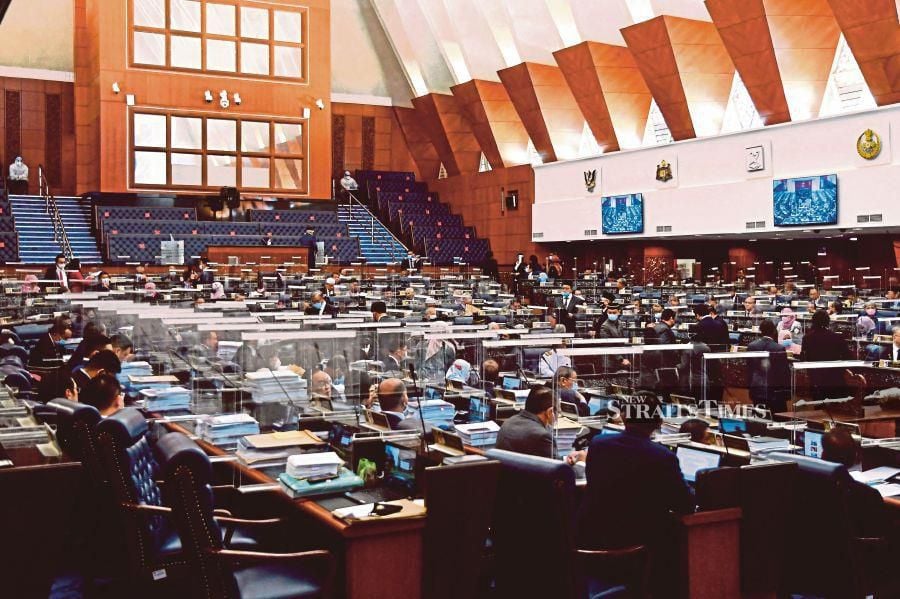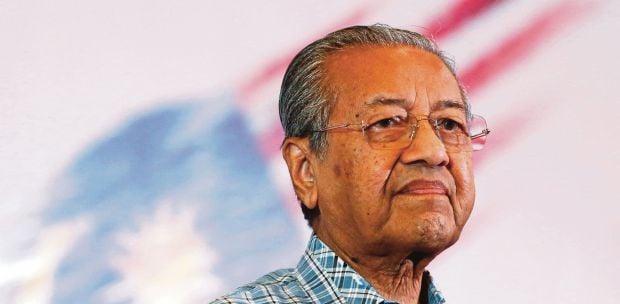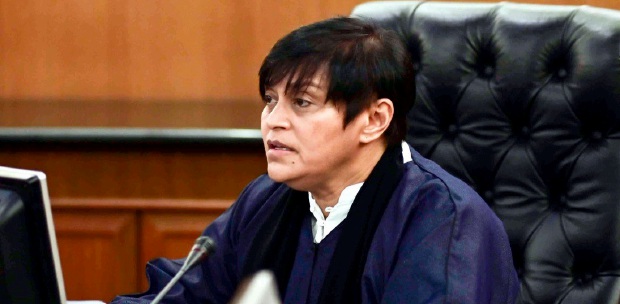THE idea of a fixed parliamentary term, whether proponents have realised it or not, mimics or is inspired by the American presidential election where American voters elect a new president or re-elect an incumbent every four years on the first Tuesday of November.
For instance, in the Nov 3, 2020 election, Joe Biden trounced the incumbent Donald Trump to become the 46th President of the United States, but a reprisal of their four-year enmity will climax on Nov 5, the first Tuesday of that month.
American presidential candidates will square off again on 2028, 2032 and so on, a mandatory quadrennial sequence decreed by an 1845 law. Come hell or high water, nothing — a war, pandemic, crisis or even a 9/11-like attack — postpones or modifies this celebrated fixture.
Had a fixed parliamentary term played out in the Nov 22, 2022 general election (GE), here is what would entail: Nov 22, 2027 will definitely be the next GE date, come what may.
In enabling this fixed date, the Federal Constitution would have been amended, abided by the 13 states though certain states may hold theirs not in parallel with the other states.
Since previous general and state election dates were dictated by the power of consent entitled to the Yang di-Pertuan Agong, respective state monarchs, menteris besar, chief ministers and governors, the fixed term polling schedule makes extraneous their constitutional roles, a pertinent quandary that needs an "elegant" solution.
In the meantime, the Federal Constitution, complementing assorted election laws that anticipates potential loopholes, will guarantee that incumbent administrations enjoy tenures unhinged by egregious backdoor coups conspired since the first in 2020.
One loophole plugged: MPs disgruntled with their ruling party may leave, defect or be expelled, but the seat stays put with the party.
Another loophole plugged: the ruling party hangs on to a seat left vacant by bankruptcy, criminal conviction or death, replaced by an appointee valid until the next polls.
These are the essential prerequisites fulfilling the required spirit of a fixed parliamentary term.
Democratically, there will be little or no political turmoil, but stability and continuity is cast in stone. As a trade-off, incumbent federal or state administrations lose strategic leverage, that bargaining chip to call for snap elections as part of a grand political design.
The incumbents are also forced to neutralise scandals, crises and controversies before Nomination Day, probably held a week to a fortnight before polling.
There are practical advantages to this hypothesis: uncontrollable media and political speculation of a snap election date — a favourite but counterproductive parlour game — would be academic.
The new speculative parlour game re-focuses on feuds over candidacy, constituency bartering between allies and running partners but foremost, party elections — with its enigmas, intrigues and bitter in-fighting — must try to fit into this alien political culture.
As reflected by the American model, a fixed parliamentary term won't derail or subvert democracy despite fears but should systematically and efficiently streamline its conduct and integrity.





